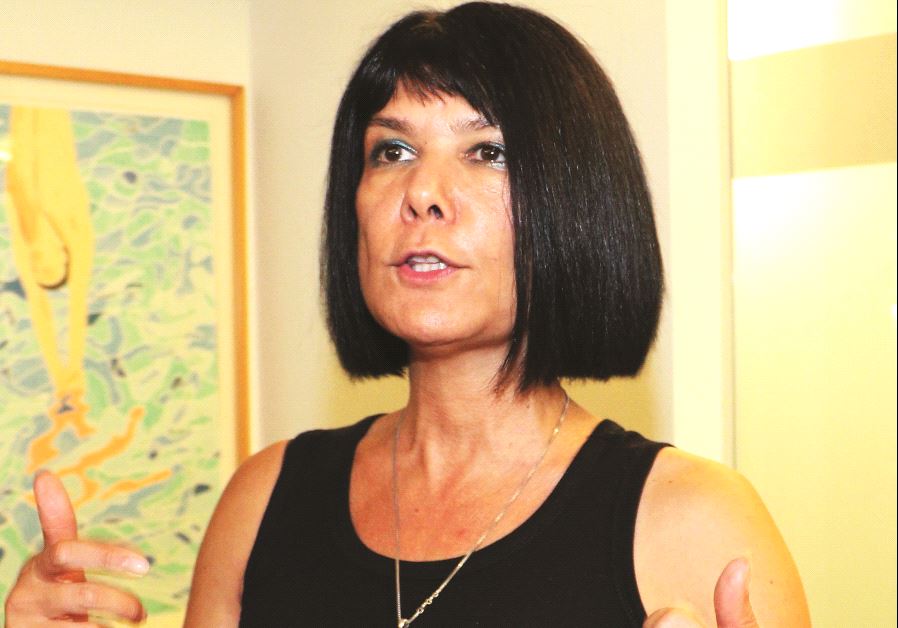Sinai says: Israel’s young rhythmic gymnasts mere pawns in Vigdorchik saga
There is little doubt that the drama of the past year has crippled a once proud national team, perhaps beyond repair.
 Israel rhythmic gymnastics head coach Ira Vigdorchik(photo credit: DANNY MARON)
Israel rhythmic gymnastics head coach Ira Vigdorchik(photo credit: DANNY MARON)